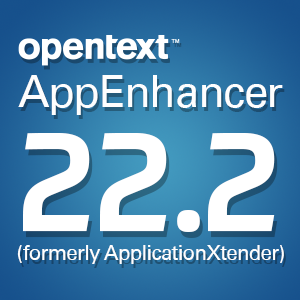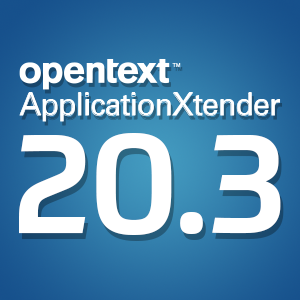Improving profits with document management
Friday, July 20, 2012With a digital document management system, a business can see a wide variety of benefits, from increased productivity to improved workflow efficiency. However, all of these advantages boil down to one common goal, increasing revenue.
According to PropertyCasualty360, document management and conversion services can assist insurance companies, and any other business, eliminate inconsistencies and help employees collaborate over work more efficiently. This is done by making it easier for several professionals to access documents from a central source, rather than passing around paperwork. A reliable management system also improves access control to documents, reducing unauthorized access without hindering the actions of approved employees.
With any document management solution, speed of access and searching is one of the key selling points. Business process automation easily integrates information flow with other systems, such as telecommunications or backup and recovery solutions. Not only does this give the company improved productivity in other areas, but also higher security and protection should disaster occur.
Ultimately for any business, document management is a way to reduce costs and simplify workflow. However, with so many additional benefits that may not be initially realized, the system provides a way for companies to integrate more aspects of the business in efficient and intelligent ways. From sales to customer support teams, various departments can find easier access to information as a way to make their jobs easier and improve the quality of their work in numerous ways that not only help increase revenue, but can bring up job satisfaction as well.
With any document management solution, the integration of paperwork, digital information and business processes is a chance to bring a company up to speed with the best of modern technology with little risk and major profit opportunities.
Brought to you by Image One Corporation, providing complete information governance since 1994.




